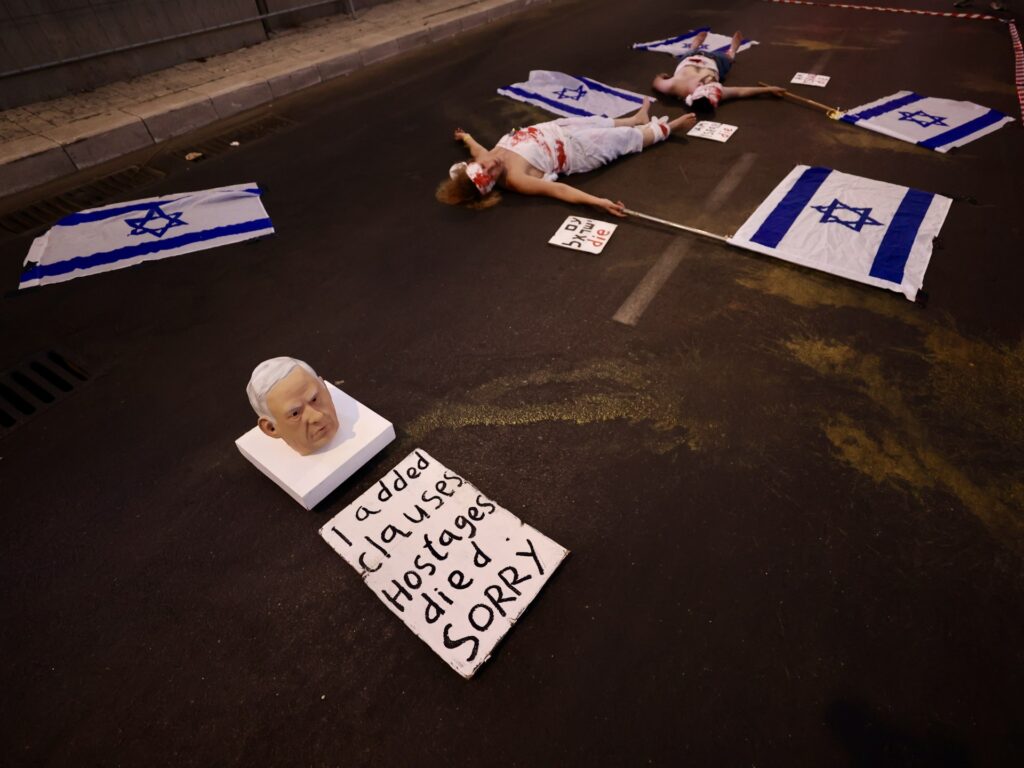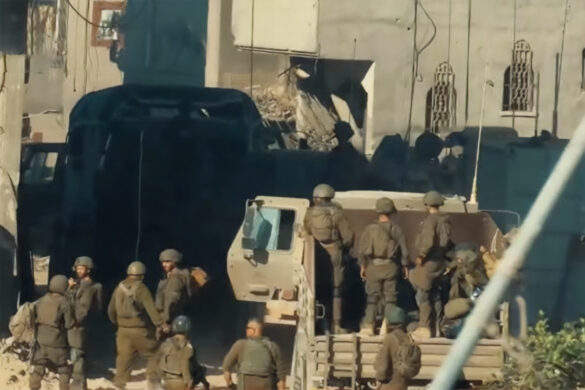2/9/2024–|Last update: 2/9/202403:11 PM (Makkah Time)
This report highlights the most prominent trade union strikes in Israel’s history, and monitors a series of labor protests that were prominent landmarks in their opposition to the political and economic orientation of governments.
Earlier this year, the Histadrut, the Israeli trade union federation, held a 100-minute general strike on January 14, 2024, coinciding with the 100th day since the start of the last war, in a symbolic move to draw attention to the repercussions of the conflict on workers and Israeli society.
In 2023, specifically on July 25, the Doctors Syndicate organized a two-hour warning strike, in protest against the “reasonableness argument” law that raised concerns in the health sector. A week earlier, on July 17 of the same year, the Doctors Syndicate carried out a two-hour warning strike.
In protest against the same law, local authorities went on strike on May 15, 2023, for one day.
In 2007, the education sector witnessed the longest strike in its history, as the teachers’ union carried out a strike that lasted for 64 days, demanding improved working conditions and higher wages.
In 1987, the Jerusalem Journalists Syndicate organized an exceptional strike that lasted for 52 days, which led to the suspension of radio stations for a long period, highlighting the issues of press freedom and the rights of workers in the media sector.
In 1957, the textile sector witnessed what was known as the “Great Strike” in the “Ata” factory, in which 1,680 workers participated, and it lasted 107 days, recording one of the longest strikes in the history of the occupying state.
This series of strikes reflects a long history of conflict between unions and governments in Israel, and their efforts to influence the state’s economic and social policies.




